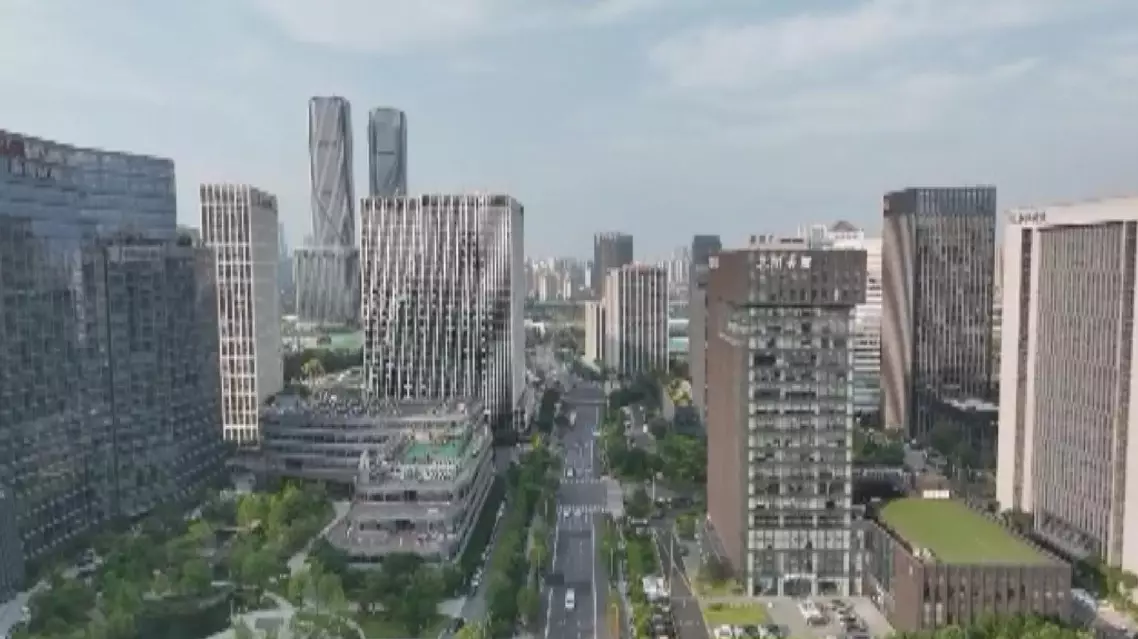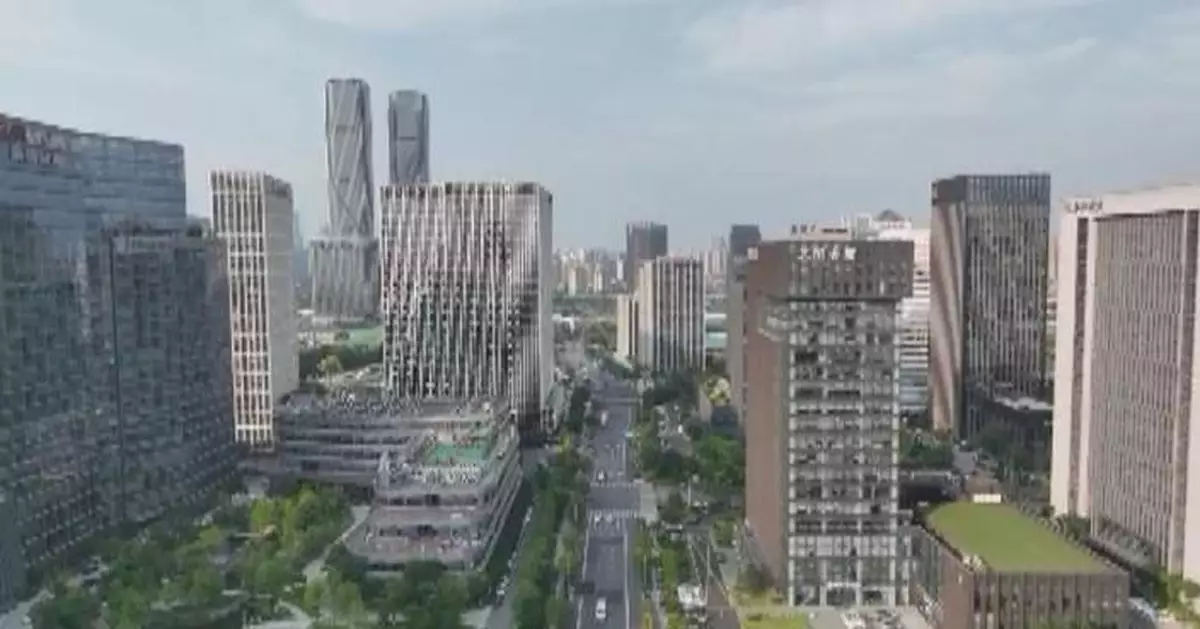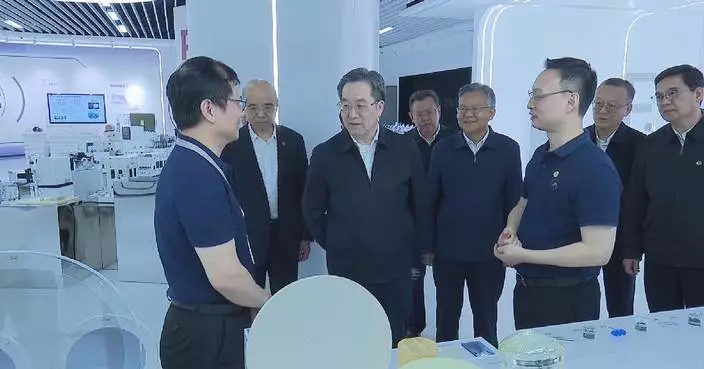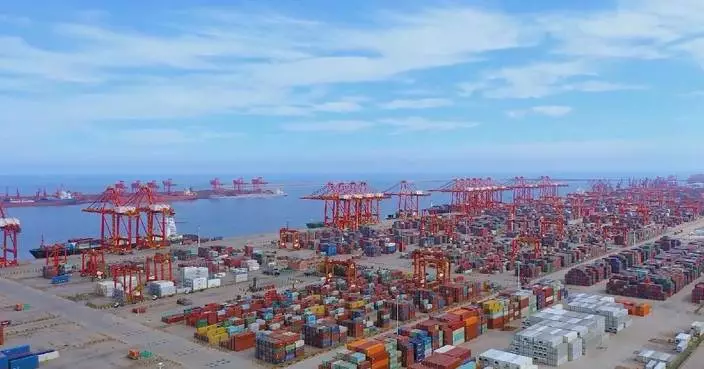The eastern Chinese tech hub of Hangzhou has helped to incubate numerous high-tech firms thanks to its efforts to provide financial support, set up a more favorable business environment, and create a pleasant living space to attract top talents.
Hangzhou has developed itself into an important hub in the internet and tech industries, driving advancements in e-commerce, AI and the digital transformation
The city is also at the forefront of a new era of technology, with the emergence of AI-powered humanoid robots and cutting-edge 3D scanners being the latest eye-catching developments.
Now Hangzhou it is aiming to position itself as a next-generation incubator where innovators can come to turn ideas into reality.
Among the firms making waves is the Shining 3D Tech company, which was founded in 2004 and makes high-accuracy 3D scanners for various industries including dentistry. After years of growth, 60 percent of the company’s business now come from global sales, and its subsidiaries extend as far as Germany and the United States.
Their office has moved multiple times due to upgrades and expansions, but the headquarters has never left Hangzhou.
"Many members of both our technical team and management team went to college in Hangzhou. We all have a strong emotional connection to this city. After graduation, many of us chose to stay and build our careers here," said Jiang Tengfei, the company's vice president and software director.
Hangzhou is also been hailed for its higher education resources, including the renowned research-focused Zhejiang University, which is often compared to Stanford. Every year, many fresh graduates enter the workforce, and the city government has made every effort to retain them by offering talent subsidies, rental subsidies, and even home purchase allowances - with the highest level reaching up to 8 million yuan (about 1.1 million U.S. dollars).
Young algorithm engineer Ying Hui has been working at the Shining 3D Tech company for a year and a half. He studied at Zhejiang University for 10 years, from freshman to PhD graduate, and says he has no plans to leave the city.
"I didn't initially plan to stay in Hangzhou, but it was always my top choice because of its great living environment and conveniences, such as weekend activities like camping," he said.
Hangzhou's efforts to attract talent seem to be paying off. The city's population has increased by over 3.6 million in the past decade, according to the Hangzhou Bureau of Statistics.
The more talents flow in, the more great companies are likely to emerge - creating a cycle that naturally attracts even more talents.
"We always ask ourselves a question: What kind of foundation should we be laying for the development of the high-tech zone in the next five to 10 years? Without a doubt, the key is technological innovation. It relies on the investments we make today in nurturing small tech companies, even if the results aren’t immediately visible. Who knows in five years, one of them might grow into a gazelle company like Unitree. The future generations will then reap the rewards of the seeds we are planting today," said Wang Lisheng, deputy director of the Hangzhou High-tech Industry Development Zone (Binjiang).
Among those chasing a new age of innovation is 36-year-old Wang Jinpeng, an idealistic entrepreneur who founded his own firm - Hangzhou Qianzhen Digital Technology. He and his team are working to create a utopian world where people can discover and control a virtual version of themselves through their phones.
Wang's company didn't begin in a bright, cozy office, but rather in a shared working space - which served as an ideal startup hub to inspire bold new ideas.
"It's all entrepreneurs here. The atmosphere is great for starting a business. I met many friends here, and a lot of their programs were AI related. They shared a lot of industry insights with me," said Wang.

Hangzhou aims to attract top talents in quest to become high-tech hub


















































